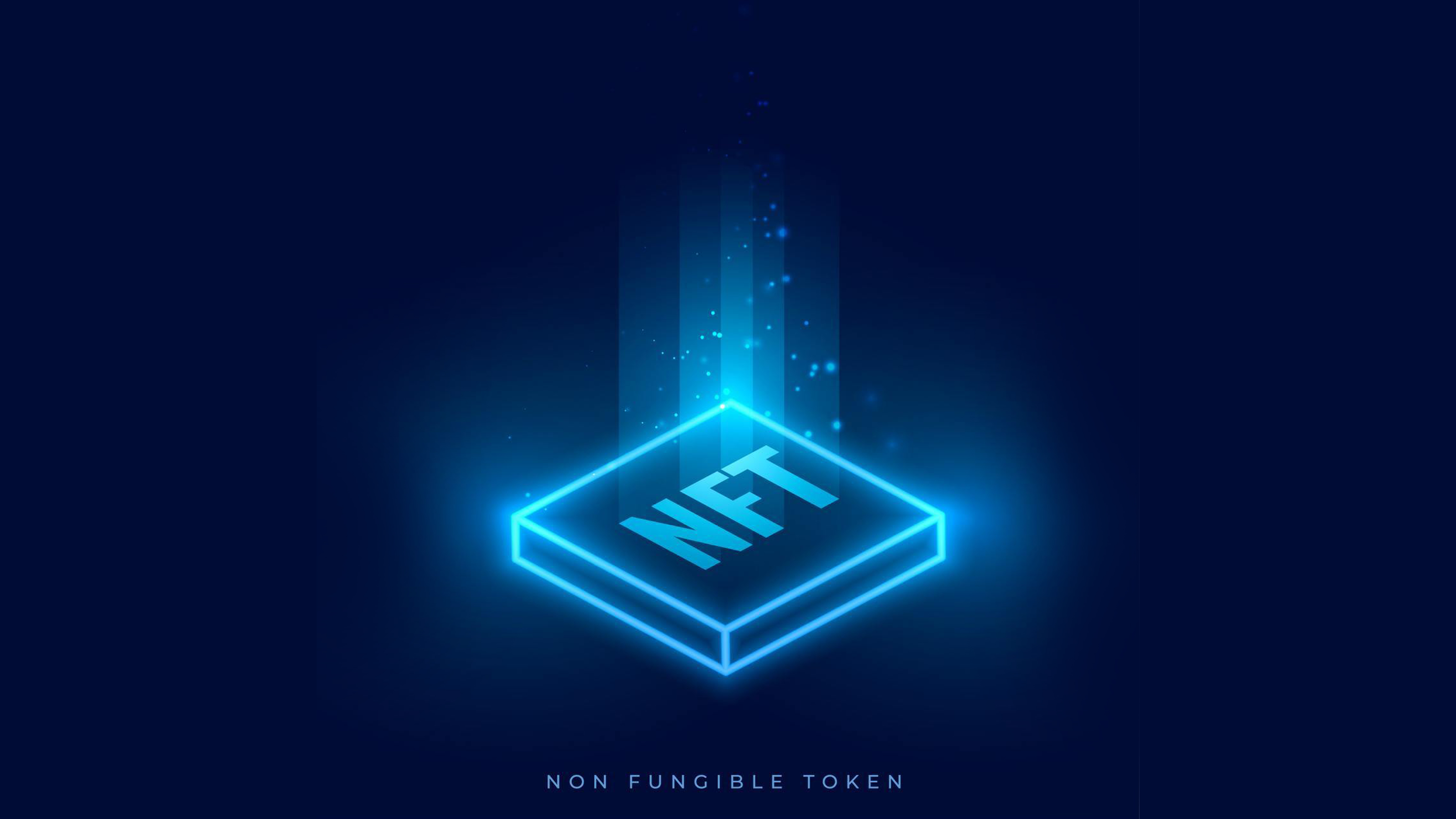The sudden rise of NFTs has transformed the digital art market, drawing unprecedented attention from both artists and collectors to a set of unique digital assets stored on the blockchain. These assets provide verifiable proof of ownership and provenance for digital art, collectibles, and other items. While this technology promises to revolutionize how we perceive and trade digital art, it also raises significant legal questions, particularly regarding copyright and other intellectual property rights.
By using NFTs, artists can tokenize their work, issuing a digital certificate of authenticity that can be bought, sold, and traded across various online platforms. This process gives digital artworks a sense of uniqueness and scarcity, even though the works can still be easily reproduced or shared online. However, it introduces complex copyright issues: What exactly does an NFT purchaser own? What rights remain with the artist? How does this affect unauthorized uses of digital art?
NFT Ownership
At its core, an NFT is a unique cryptographic token that signifies ownership of a specific asset, such as digital art, music, video, or virtual real estate. NFTs are stored on decentralized blockchains, making both the token and its ownership history publicly verifiable and immutable.
When a buyer acquires an NFT, they obtain ownership rights over that particular token, which may include some rights to display or resell it. However, it’s crucial to note that this does not automatically transfer copyright or intellectual property rights related to the digital artwork. Copyright ownership grants the creator exclusive rights to reproduce, distribute, or publicly display their work. For instance, if you purchase an NFT of a digital painting, you own that specific version of the artwork as a token, but you do not automatically gain the right to reproduce or create derivative works based on the original image. This is because the artist retains the copyright over the artwork. Essentially, an NFT is like a print signed by the artist; you own that specific version, but the creator can still produce more prints.
The Separation Between NFTs and Copyright
There is often confusion among collectors and creators regarding the distinction between NFT ownership and copyright . While blockchain technology secures scarcity and ownership of the NFT, copyright operates under its own legal framework. Unless copyright is explicitly transferred through a licensing agreement, it remains with the creator even after the NFT is sold.
This separation raises important questions about what buyers are actually purchasing. Most NFT marketplaces do not provide exhaustive information about the copyright status of the digital works for sale. In most cases, the NFT purchase involves tokenized ownership of the digital file and does not convey the right to reproduce, modify, or distribute the artwork. Buyers must carefully review the terms of sale or licensing agreements to understand the rights they are purchasing.
Copyright Infringement in NFTs
Copyright infringement is becoming a growing concern in the NFT space. Many instances have arisen where artworks have been tokenized and sold without permission from the original creators. Some high-profile cases involve unauthorized people minting NFT copies of artworks they do not own or have the right to use. While blockchain technology provides transparency in ownership, it does not verify the authenticity of the creator’s ownership over the artwork.
In such cases, traditional copyright claims may apply, and the artist could pursue legal action for the unauthorized use of their work. However, determining jurisdiction and identifying perpetrators is difficult because blockchain platforms operate globally, and the anonymity allowed by some ecosystems complicates legal enforcement.
The Role of Licensing in NFTs
Licensing plays a crucial role in determining the rights associated with an NFT purchase. Artists can decide how to license their works—whether they grant some rights with the NFT or retain all rights themselves. Licensing agreements may outline whether the buyer has the right to display the work for personal purposes or use it commercially.
For example, a personal use license might allow the NFT buyer to display the digital artwork in a virtual gallery or as a profile picture. Some licenses offer more extensive rights, such as the ability to use the artwork on merchandise or for promotional purposes. In rare cases, the sale of an NFT may include a complete assignment of copyright. However, the NFT market is still evolving, and no standardized licensing terms exist across the industry.
Ethical and Legal Challenges
The intersection of NFTs and copyright presents both ethical and legal challenges. Many artists worry that their works may be tokenized and sold without their consent. NFT marketplaces have been slow to address these issues, forcing artists to seek legal recourse to protect their intellectual property.
The concept of digital ownership remains fluid, with the value of NFTs largely dependent on the perceived worth of the digital art . The absence of clear rules and regulations has created a speculative bubble in the NFT market, where boundaries around ownership, copyright, and authenticity are frequently tested.
Moving Forward: Charting the NFT Landscape
As the NFT market continues to evolve, understanding the relationship between copyright law and NFTs will be crucial for all stakeholders. Artists should protect their intellectual property by clearly defining the rights they retain and using digital watermarks. Buyers, on the other hand, must do their due diligence to ensure they are acquiring genuine assets with well-defined usage rights.
Platforms also have a responsibility to enhance transparency by verifying the authenticity of digital artworks, establishing clear copyright protocols , and offering customizable licensing options for both artists and collectors.
Conclusion
While NFTs open an exciting new frontier for digital art ownership, their connection to existing copyright law demands a more careful and focused approach. A clear legal and ethical framework will help ensure that the promises of NFT ownership align with both intellectual property rights and ethical standards.

Leave a Reply